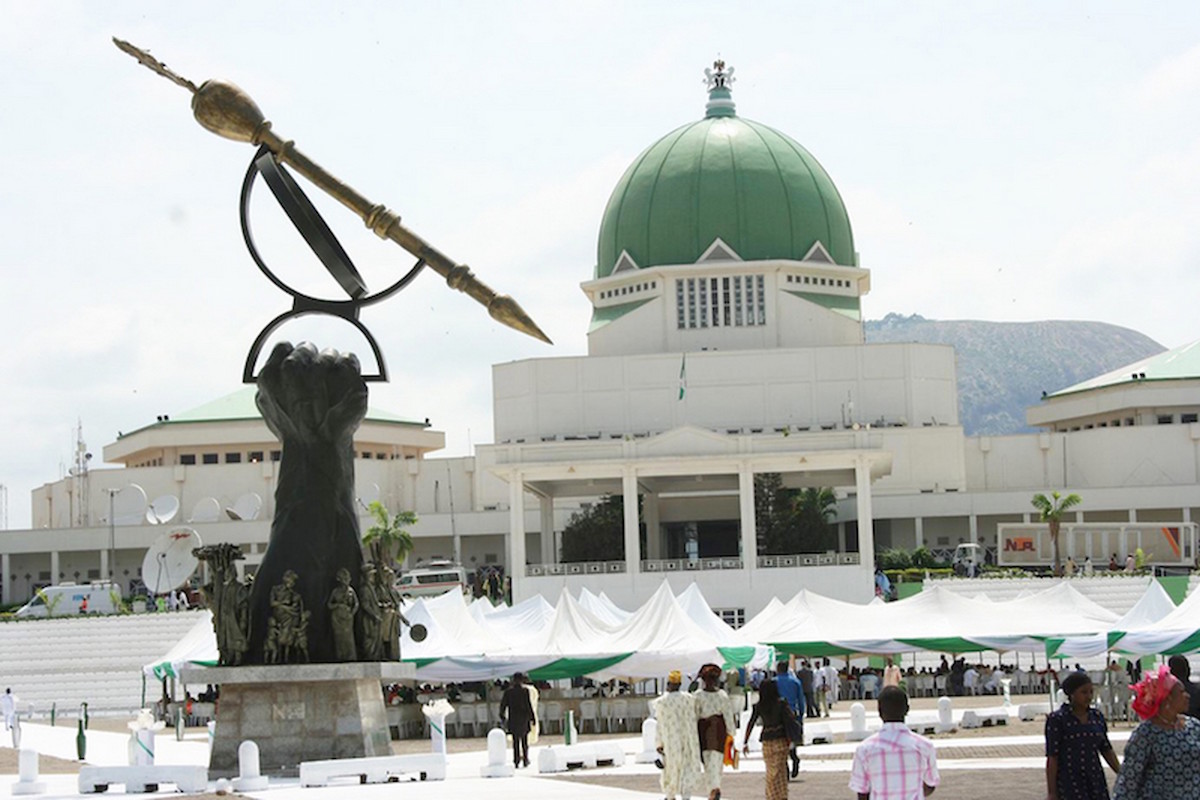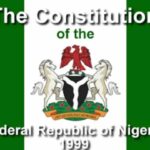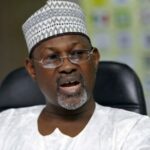Right from the moment the clamour for restructuring took over our political waves, I have had the opportunity of reading different opinion articles expressing divergent views. While some of these writers see restructuring as a panacea for enduring nationhood, others are of the view that if the federal character is implemented to the latter, it will take care of the result that restructuring is hoping to achieve.
These differing opinions generated on this burning issue tagged ‘restructuring’ by different writers, public affairs commentators and concerned citizens I will safely but humbly describe as a counter, trans, cross and to some extent intercalary ideas.
- Buhari vows to fish out troublemakers, as FG moves to extradite Igboho
- Buhari hails pilot who ejected safely from jet attacked by bandits
The need for restructuring of this nation should be compared with, and likened to, the indispensability and inseparability of the blood from the body. The nation is currently structured and standing in an inverted pyramid shape with more power concentrated at the top and the base not formidable enough making collapse inevitable if urgent and fundamental steps are not taken. This state of our polity as it stands urgently needs to be revisited and possibly reversed.
No matter how long it takes us to live in denial, devolution of power has become inevitable as most of the items contained in the exclusive list would serve their best purpose when handled by the states and the local governments. The padding of the exclusive list of activities has made ‘Abuja’ appear a general surrounded by many lieutenants instead of the order way around. The truth is that for true federalism to be practised, there is an urgent need for the nation to make the centre less attractive and federating regions or states strengthened with greater autonomy.
Also, the federal character which some belief was created to take care of restructuring tends to enjoy more moral burden than a good intention. Its provisions and operational matrix are perceived as ‘goodness without good luck. This is evident as it is based on the spirit of equitable distribution of political positions and socioeconomic booties among federating states and regions as against the promotion of meritocracy. This provision has long been undermined by deconstructionists and ‘political Maradonas.’
But irrespective of the above, this call for restructuring is to my mind viewed as a one-sided narrative and which we should handle with care in order not to end up curing the effect without scratching the cause. The problem that necessitated this agitation is more man-made than natural. The deliberate demonstration of impunity, as well as superiority by one group or region, led to this burning agitation today.
As succulently remarked, ‘never be so foolish to believe that you are stirring admiration by flaunting the qualities that raised you above others. By making people aware of their inferior positions, you are only stirring unhappy admiration or envy that will gnaw at them until they undermine you in ways that you may not foresee’. It is only the fool who dares the god of envy by flaunting his victory.’
Another cause of this agitation is the round misrule and very high propensity for corrupt practices on the part of our leaders. These leaders in question have allowed themselves to become the primary reality that the people worry about as a result of their nefarious actions and inactions. What is playing out today in Nigeria is the result of the practical demonstration of the will of man as against the rule of law. Leaders without ‘disciplined thoughts and actions’ are the people holding sway on our political fronts and that informs the reason for our not having a disciplined political and socioeconomic culture as a nation.
Again, our leaders, mindless politics also contributed to this. They have not been able to draw a distinction between politics and leadership as they play politics all the way. In doing so, they use the people to further their own end which is unpleasant, selfish, narrow-minded and petty. Their politics involves intimidating people, getting things done by lying or other dishonoured means’.
To make this restructuring enduring as well as bear the expected fruit, let us be holistic in approach. Let us commence first by restructuring ourselves as a people. No matter how beautiful a policy appears, no matter how strong an institution tends to be, we always have deconstructionists who can undermine it. Bearing this in mind, our primary concern should be to work out modalities for instituting a reorientation plan that will erase the unpatriotic tendencies in us as well as usher in a robust nation. Let us bear in mind also that restructuring a political entity called Nigeria is important but restructuring our mentalities is not just essential but fundamental.
In the same vein, every generation must, out of relative obscurity, discover its mission, fulfil it or betray it. Now that restructuring has graduated from mere rhetoric to become an issue of national concern, your responsibility and mine also graduate double-fold. First, it is time for us to use our intelligence devoid of emotional attachment to ask solution-oriented questions in a solution-oriented manner.
Very importantly also, the fact is that we should develop a ‘war room’ using our resolve and powers to fight the undemocratic and criminal tendencies in our consciences in order to usher in a truly egalitarian nation we all yearn for. This pivotal step must be taken as a failure to achieve this may render our race to restructuring elusive.
However, as we do this, we must look at the bigger picture.
As noted elsewhere, there must also be an honest acknowledgement that the constitution we inherited from the military is as faulty as it is now outdated. It did not originate from “the people” but rather a product of imposition. The present constitution is evidently tying down the prosperity of the country. There are a whole lot of things unproductive and counter-productive about it. Nigeria is endowed with men and women of characters, competencies and capacities to take us to our desired destination as a people, but the faulty body of laws in operation frustrates every activated attempt at moving forward. Need for local government autonomy, devolution of power or attainment of true federalism, state police and financial autonomies for state legislatures and judiciaries are among the major issues generating massive concern presently.
By Jerome-Mario Utomi. Utomi is the Programme Coordinator (Media and Policy), Social and Economic Justice Advocacy (SEJA), Lagos

 Join Daily Trust WhatsApp Community For Quick Access To News and Happenings Around You.
Join Daily Trust WhatsApp Community For Quick Access To News and Happenings Around You.


